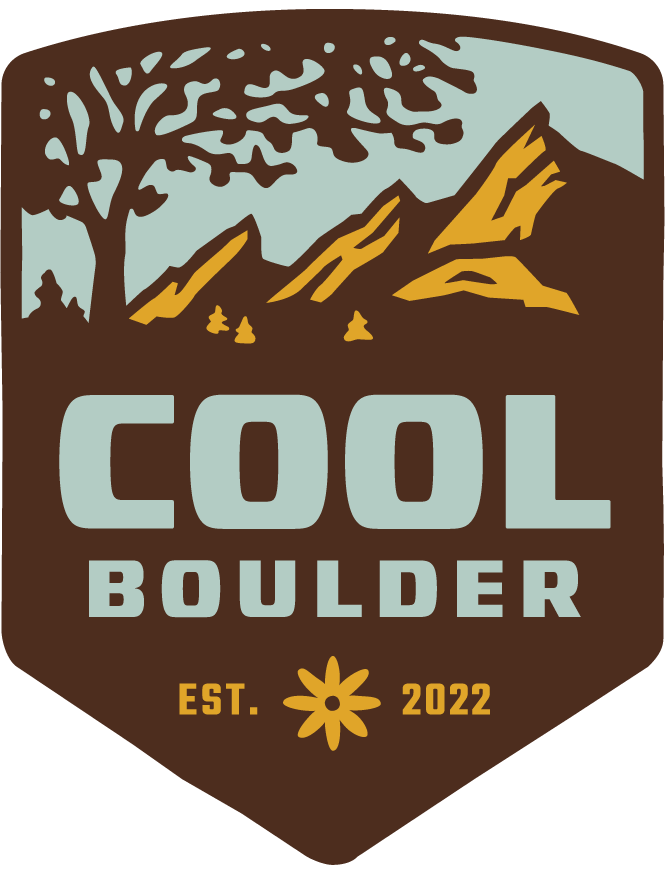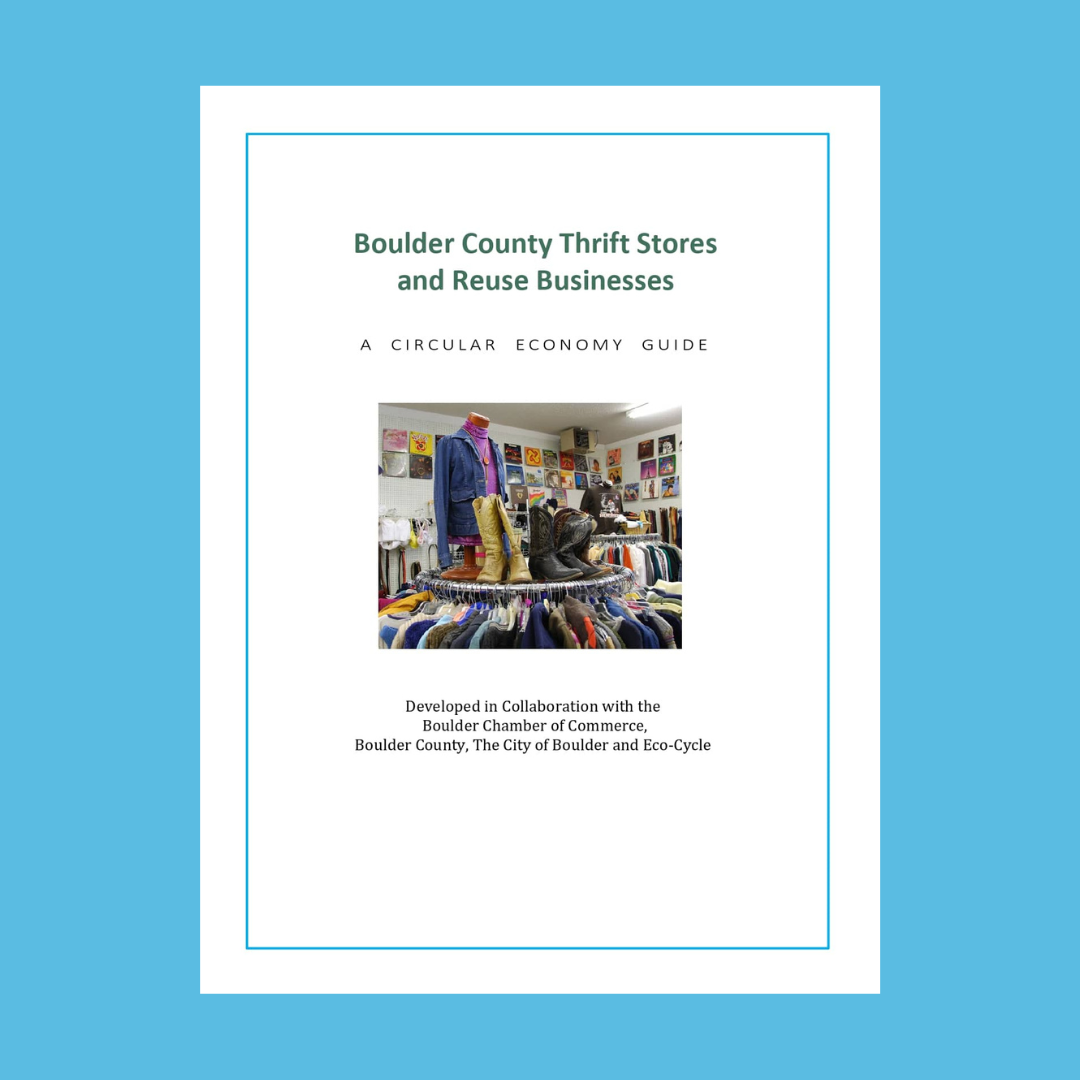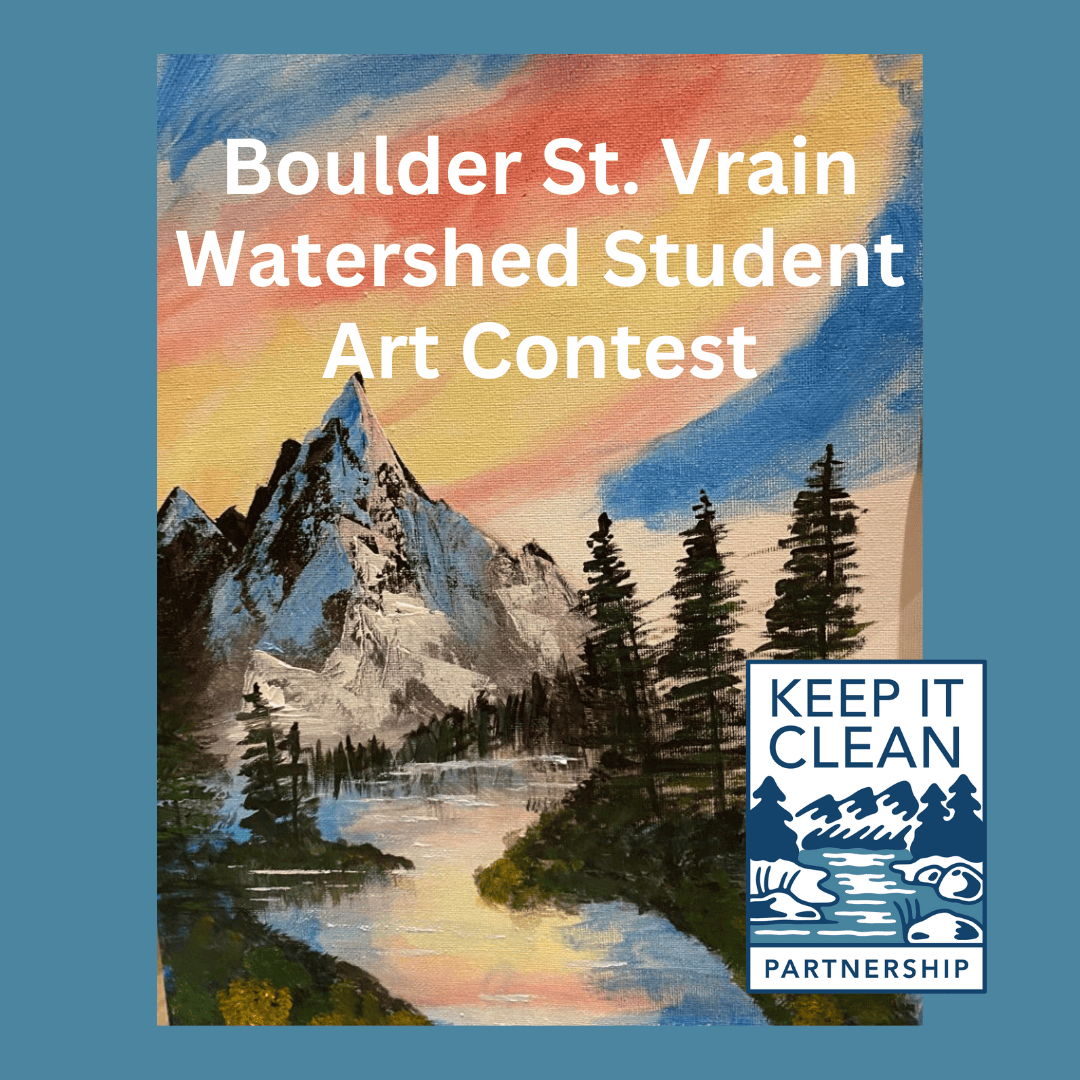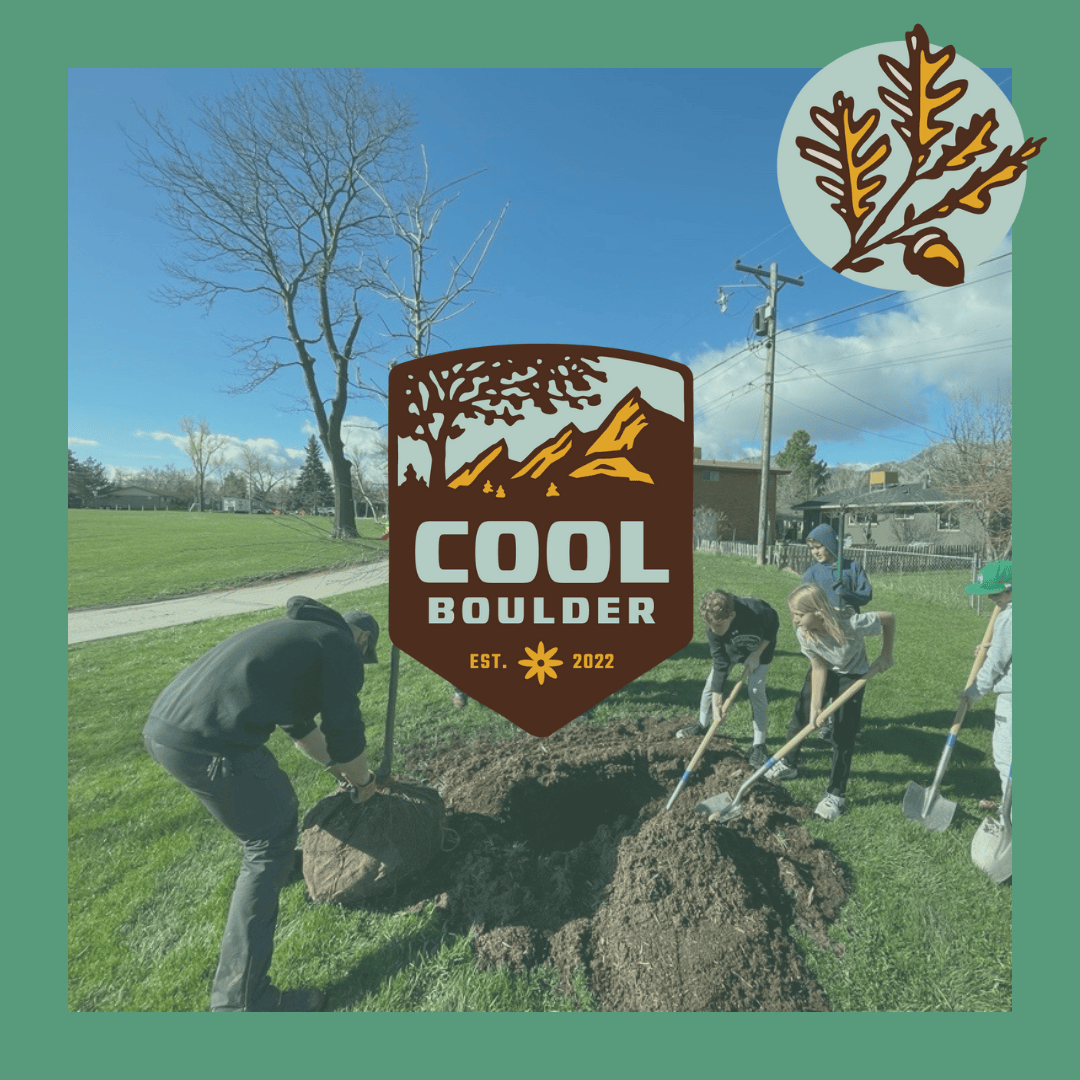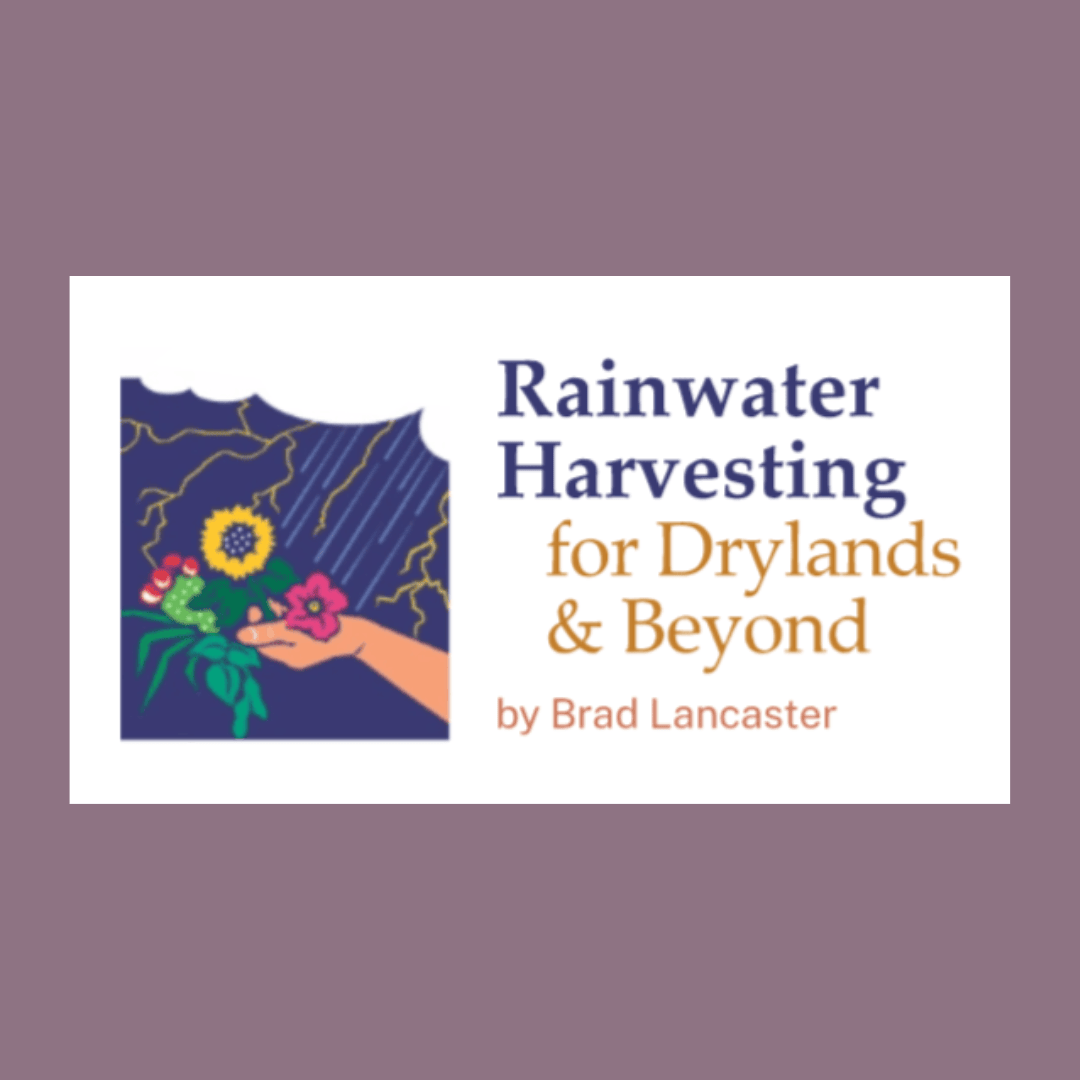Blog
Check back regularly for the latest Cool Boulder Campaign news.
Continue to the next section to review our full blog!
2023 Themes
January:
New Year Kick-off & Biodiversity
February:
Garden and Habitat Planning
March:
Soil Health and Regenerative Practices
April:
Tree Planting & Tree Care
May:
Biodiverse Places and Spaces
June:
Drought & Water Use
July:
Community Heat Impacts & Mitigation Strategies
August:
Wildfire Resilient Landscapes
September:
Pollinators & Insects
October:
Harvest / Regenerative Agriculture
November:
Seeds – Adaptations & Propagation Methods
December:
Off-Season Yard Care / Compost as a Climate Resource
Interested in a specific topic?
Search By Author
- Amy Yarger
- Andrea Montoya
- Brett KenCairn
- Caroline Petterson
- Daniel Hanson
- Dave Sutherland
- Elizabeth Black
- Ellen Orleans
- Guest User
- Josh Morin
- Kristine Johnson
- Lynn Riedel
- Melanie Hill
- Michelle Ferguson
- Mike Riechert
- Mikl Brawner
- Rella Abernathy
- Sandy Briggs
- Steve Armstead
- Tiffany Nurrenbern
- Tim Seastedt
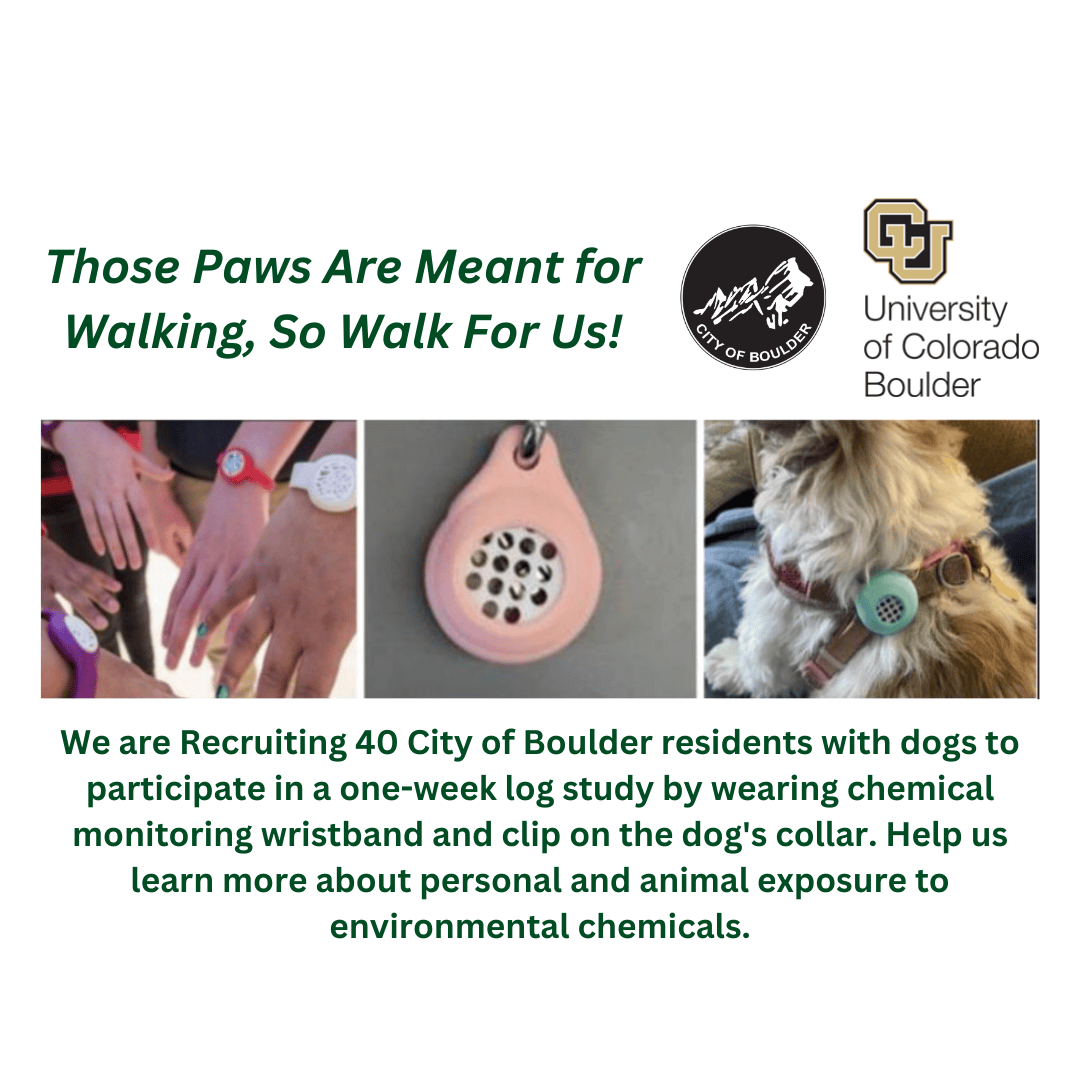
Recruitment is COMPLETE for Our Environmental Chemical Exposure Study!
Recruitment is complete for our Environmental Chemical Exposer Study! Thank you to everyone who applied for this community science opportunity! Participants will walk their dogs while wearing a chemical monitoring wristband and clip on their dog's collar to help us learn more about personal and animal exposure to environmental chemicals. Community participation will help us assess the exposure that people (and dogs) are experiencing during daily activities outside in Boulder.
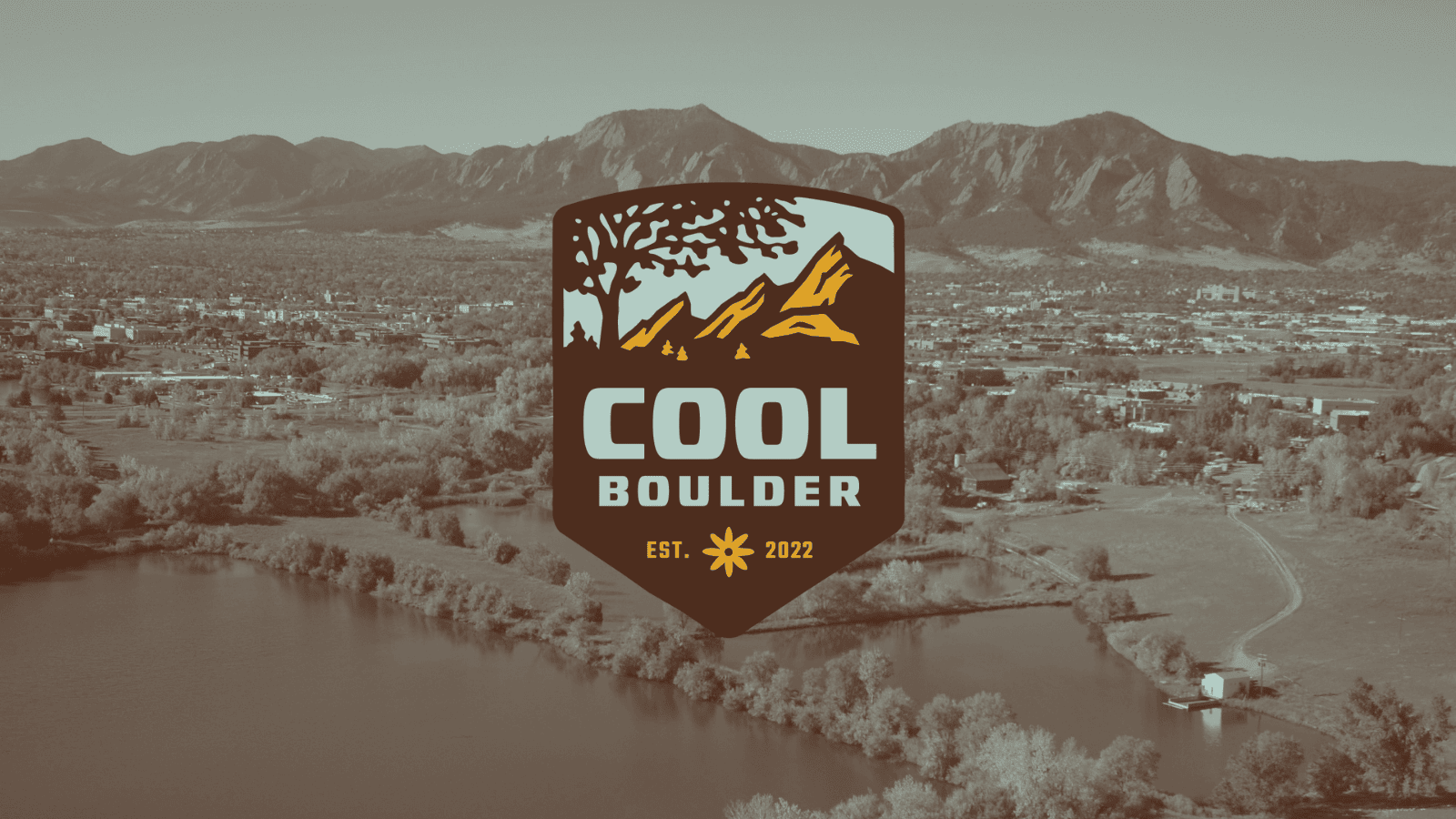
Boulder Urban Heat Mapping: A Story Map
Boulder was one of 14 cities this year to participate in this international event in coordination with NOAA and CAPA Strategies, in which community scientist volunteers drove designated routes to collect temperature and humidity data. Those community scientists are the first members of the Boulder Heat Watch Team, who will be working with Cool Boulder to continue to track heat in the Boulder community. This data will hopefully be used to help inform nature-based cooling solutions like tree planting.

Putting the “Community” into Community Science
Community science is exciting because individuals don’t have to have formal scientific training to contribute to our mutual understanding of the natural world. People who are curious about the world around them can take the time to learn more, whether it’s about pollinators or soil or the stars above. Participating in these projects yields benefits for both the individual and for the world.
